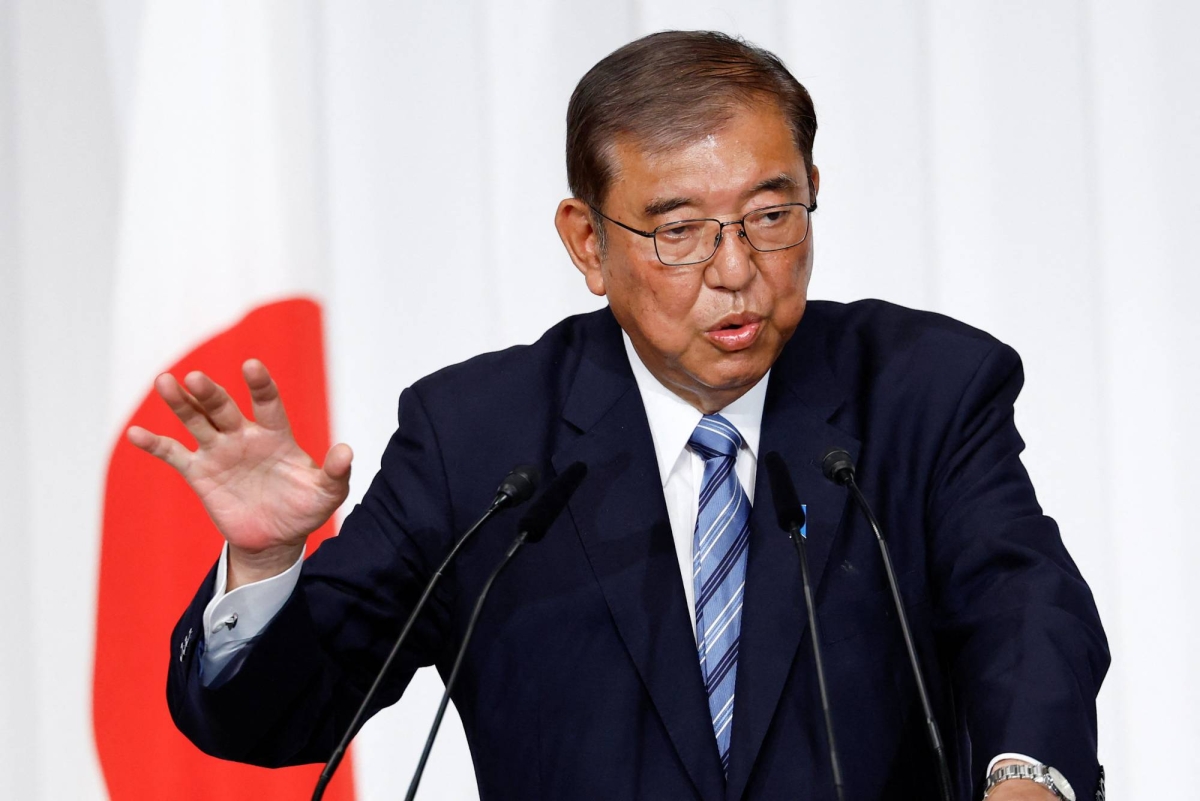
Japan is stepping up its commitment to semiconductor and artificial intelligence technologies with an additional ¥1.5 trillion ($9.9 billion) allocated to these sectors. The supplementary budget for the fiscal year ending in March designates ¥1.05 trillion for research and development in next-generation chips and quantum computing, while ¥471.4 billion is earmarked to support domestic advanced chip manufacturing. However, the Ministry of Economy, Trade and Industry (METI) has yet to decide how much of this funding will go toward the ambitious chip foundry project, Rapidus.
The new funding highlights Japan’s drive to secure a competitive position in a global race led by China and the U.S., where substantial investments are reshaping cutting-edge technologies. Japanese policymakers view semiconductors as pivotal for developing artificial intelligence and safeguarding economic and national security.
This latest budget forms part of a broader initiative by Prime Minister Shigeru Ishiba, who has pledged over ¥10 trillion in chip and AI support by fiscal 2030. Cabinet members emphasize that bolstering domestic semiconductor production is crucial for Japan’s economic security. The new budget, approved by the Cabinet on Friday, awaits parliamentary approval, expected by the end of the year.
A Sustained Push for Domestic Semiconductor Leadership
Over the past three years, Tokyo has allocated approximately ¥4 trillion toward semiconductor-related projects. Notable investments include funding for Taiwan Semiconductor Manufacturing Co.’s (TSMC) facility in Kumamoto Prefecture and Micron Technology’s DRAM expansion in Hiroshima. The government has also committed about ¥920 billion to Rapidus, a project aimed at building cutting-edge chip manufacturing capabilities from scratch, with plans to begin mass production by 2027.
Rapidus relies heavily on public funding to achieve its goals, reflecting the scale and complexity of establishing a domestic advanced chip foundry. The new budget signals continued government backing for such high-stakes endeavors.
Strengthening the High-Tech Supply Chain
Japan’s semiconductor strategy also extends to securing its supply chain. Last year, METI approved subsidies totaling ¥101.7 billion for projects enhancing high-tech manufacturing capabilities. This includes ¥70.5 billion allocated to Denso and Fuji Electric’s joint investment in silicon carbide wafers and power chips for electric vehicles. Toshiba and Rohm have also received support for collaborative efforts to produce power semiconductors.
As Tokyo accelerates its investments, it aims to maintain its position as a global leader in semiconductor materials and equipment manufacturing while narrowing the gap in chip production capabilities. These efforts are part of Japan’s broader vision to ensure its technological and economic resilience.
Japan’s decision to allocate an additional ¥1.5 trillion toward semiconductor and AI development underscores a strategic acknowledgment of the high stakes in the global tech race. As nations like the U.S. and China pour resources into these sectors, Japan’s move not only safeguards its economic and national security but also positions it as a key player in shaping future innovations. However, challenges remain, particularly with ambitious projects like Rapidus, which must overcome significant technical and logistical hurdles to meet its 2027 mass production target. The question is whether this injection of funds will be enough to close the gap with global leaders or if Japan will need even bolder measures to secure its standing in an increasingly competitive landscape.
Featured image courtesy of The Japan Times
Follow us for more tech news updates.
